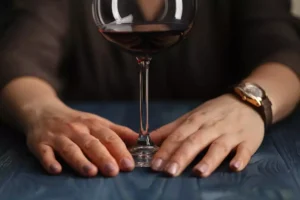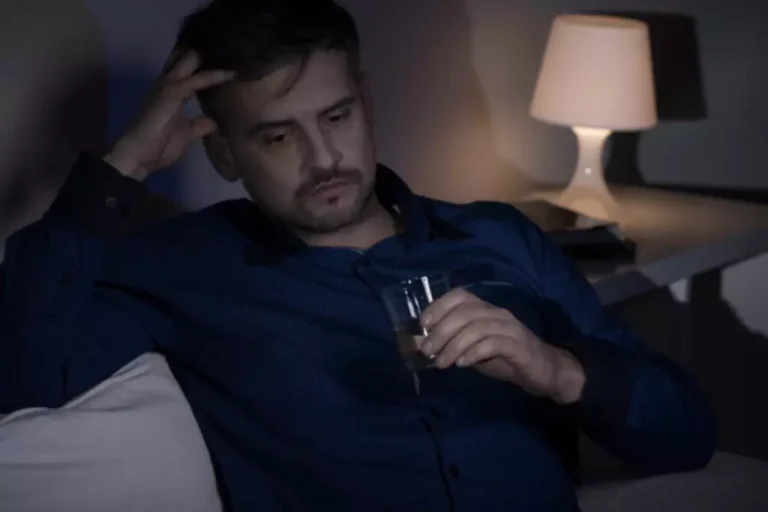
Additionally, as alcohol is broken down and removed from the body, certain chemical toxins produce inflammation and oxidative stress. A combination of the toxic effects of alcohol and the withdrawal from the effects of alcohol causes a hangover. Some studies on mice show that alcohol-related anxiety can last anywhere from 4 to 14 hours. In fact, drinking can change the chemistry of the brain in a way that actually makes anxiety worse. Knowing how alcohol affects anxiety may make it less tempting to have a drink to cope. alcohol and anxiety Society would have us believe that there’s no better way to unwind after a long day than by drinking a glass of wine, cold beer, or sipping your go-to liquor.
Here’s Why You Get Anxiety After You Drink
These stronger physical effects can, in turn, trigger anxiety during a hangover, making you more susceptible to “hangxiety.” Alcohol may be a temporary, unhealthy way to relieve anxiety and forget about your underlying stressors; however, using alcohol does not erase these underlying triggers. Additionally, symptoms of anxiety will still be lurking around the corner as the underlying triggers have not been properly addressed and treated. Whether you drink in social gatherings only or you call yourself a regular drinker, there will be times when you ask yourself why you consumed so much Sober living house alcohol last night.
Should You Quit Drinking If You Have an Anxiety Disorder?

Is it because you’re genuinely enjoying time with your friends or family, or are you trying to relieve taxing feelings you’ve been dealing with? Have a sober hang with friends, go on a hike or walk, read a book, or host a movie or Netflix night. If you have social anxiety or a social phobia, therapy may work best to reduce your levels of anxiety (combined with a medication such as sertraline, or Zoloft). The sense of relaxation you feel when you drink can often be attributed to your blood alcohol content (BAC).

What Does Anxiety After Drinking Feel Like?
This loss of self-regulation can lead to oversharing, arguing or talking too much, unplanned sex or drug use, or physical fighting. Anxiety related to poor food choices especially arise if you’re trying to improve your diet or make lifestyle changes. Running your own business is exciting, fulfilling, and – let’s be honest – completely exhausting at times.
- The highest standards of clinical care in state-of-the-art facilities, with Consultant-led treatment, spotlessly clean rooms, and a team of dedicated and experienced nurses.
- There are many reasons that alcohol triggers this hangover anxiety, colloquially called “hangxiety.”
- Additionally, as alcohol is broken down and removed from the body, certain chemical toxins produce inflammation and oxidative stress.
- As alcohol is a sedative and depressant, it can relieve feelings of fear and anxiety in the moment.
- If you’re experiencing recurring episodes of hangxiety when you drink alcohol, it could be a sign that you have an underlying mental health condition or alcohol use disorder.
- It also stems from an individual’s thinking patterns, especially those who are prone to anxious thoughts to begin with.

Researchers found that those with an anxiety disorder were between 2.1 and 3.3 times as likely to develop alcohol use disorder. It is designed to get the user through an acute set of anxieties so would be great for alcohol anxiety. The obvious answer would be to avoid drinking alcohol, as many have reported that they are better able to cope with their anxiety as a result. While everyone may experience anxiousness from time to time, a person who has an anxiety disorder often finds their anxiety doesn’t go away and may actually get worse with, or without provocation. Anxiety is different to depression, but they can sometimes go together – feeling anxious and worrying constantly can make you feel low. And depression is affected by alcohol too – find out more on our alcohol and depression webpage.
